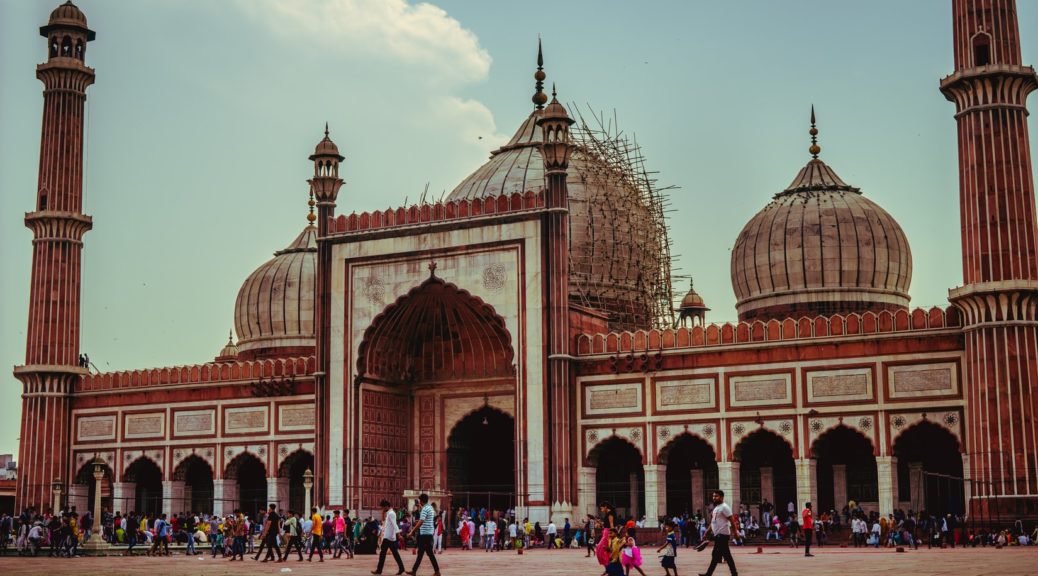Recently, I was asked about my ability to speak my parent’s language and the conversation led to a discussion about my relationship to my parent’s culture. I immediately wanted to explain all of the layers, the reasons why I do not speak my parent’s native language fluently and how it is not born out of embarrassment or dislike, but mostly out of lack of confidence and practice. My parents are from Pakistan, a country born out of a split from India with a religious foundation in Islam. I was born in the United States of America, a country with no singular identity, with core values of individuality and freedom.
My parents speak Urdu and Punjabi, two languages with their own cultural contexts and attitudes, but both spoken in Pakistan. While I was growing up, my parents would speak to me in Urdu at home, but would not expect me to respond in the same language, so I responded in English instead. I grew up learning words and phrases from both Urdu and Punjabi, being able to understand the language when spoken to, but being unable to respond with confidence in my pronunciation. Even around my Pakistani-American friends in our local community, I would be told that I had an American accent when speaking Urdu, or that I was the “least Desi” out of the bunch. “Desi” is a term used by people from the Indian subcontinent, from countries such as India, Pakistan, Bangladesh, Sri Lanka, etc., as a means of collectively identifying via our similar cultures. “Desi” should be an inclusive term, but somehow, I was not “cultured” enough, or did not speak the language well enough to feel as though I was a part of that community.
Growing up with this feeling of being too American to fit into my parent’s culture, but not American enough to fit into the culture of my peers at school, resulted in a sort of blurred and unclear identity. There are parts that fit and parts that don’t. In America, children of immigrants navigate these complex layers of our identity as we develop our own beliefs and values while also remaining connected to our parents heritage. We want to be able to connect with those with similar backgrounds, but also want to belong as Americans. We want to participate in normal American pastimes like school dances and sports games, but we also want to retain the traditions, food, clothing and culture of our parents. It is a balancing act that we do not realize is happening until we are older and able to reflect.
So when someone asks me what should be a simple question such as: “how many languages can you speak?” or “can you speak your parents’ language?”, I want to explain all of these associated feelings. Feelings of disappointment in myself for not being fluent in the language of the generations before me, but feelings of pride for where my parents came from and the sacrifices they made to provide me with the opportunities I have now. Feelings of conflict with some of the aspects of my parents’ culture that I do not agree with, and yet feeling protective of the entirety of their culture when it is dissected by any outsiders or portrayed negatively or inaccurately. All of this comes to mind.
What does it mean to identify with a certain culture? What does it mean to identify with a certain ethnic group? What do these identifications mean to us as we live our daily lives? Do they mean anything, or are they just arbitrary labels? Maybe these titles are what we hold on to, to feel a sense of belonging. Maybe they are meant to help us feel less alone.
Featured image by Dewang Gupta on Unsplash
Sara is a USC Keck Global Medicine graduate. She has lived in Southern California since she was five years old. She enjoys exploring new coffee shops, card making, art, and watching new shows and movies!

